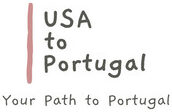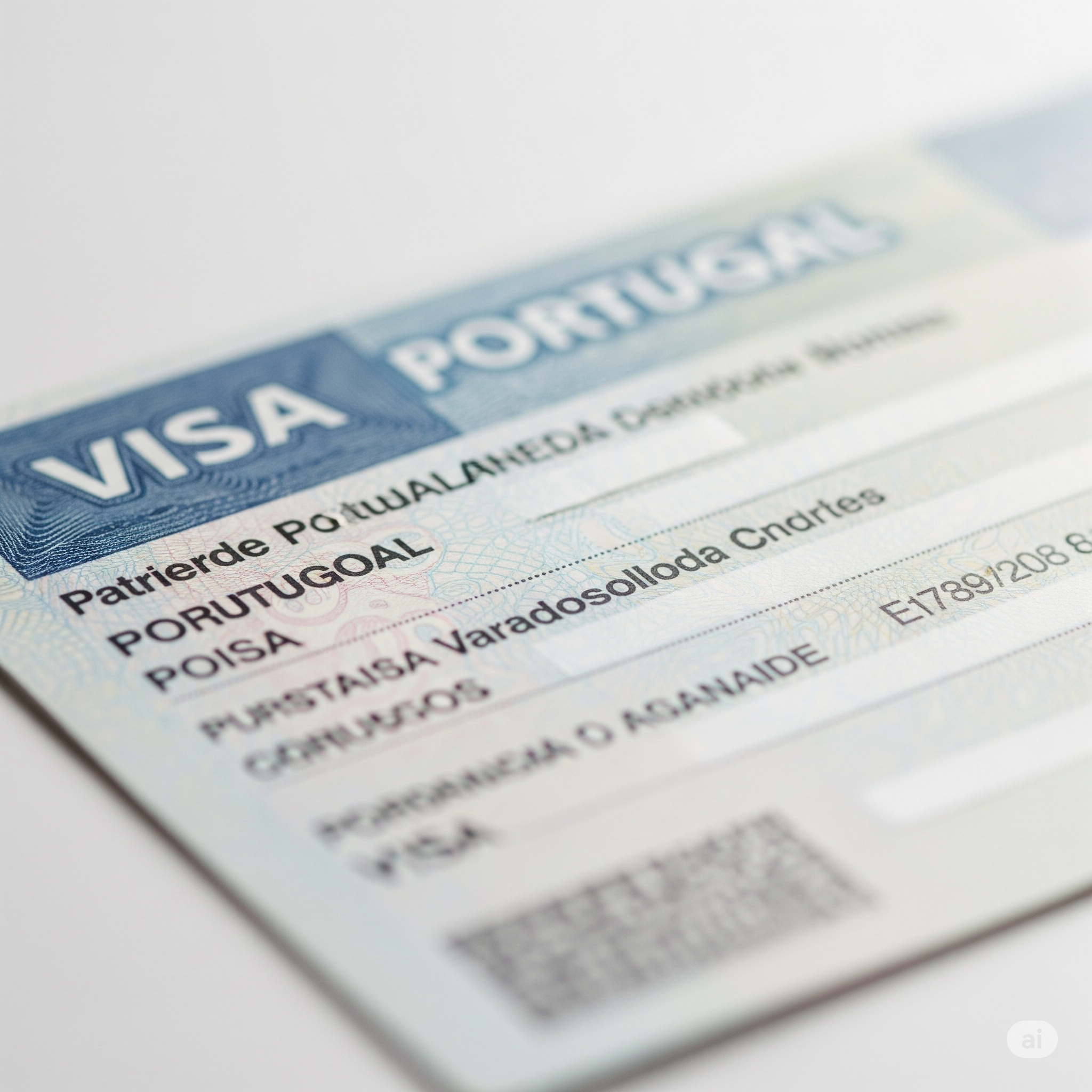So, you’ve set your sights on Portugal—but now you’re staring down two tempting options: the D7 Visa and the D8 Digital Nomad Visa.
Both open the door to residency, a European lifestyle, and that coveted path to citizenship. But don’t be fooled—they’re not interchangeable. In fact, choosing the wrong one can delay your move, cost you time and money, or even get your application denied.
Here’s what you really need to know about how these two visas stack up—so you can pick the one that fits your life, your income, and your goals.
🇵🇹 The D7 Visa: Portugal’s Classic Route for Retirees & Passive Income Earners
Think of the D7 as the original “move-to-Portugal” visa. It’s ideal for people with steady income that doesn’t require working, like:
- Pensions
- Rental income
- Dividends or investment returns
- Royalties
- Remote workers with stable contracts or company income
✅ What You Need:
- Monthly income: Around €820 for the main applicant (add 30% for a spouse, 50% for each child)
- Proof of long-term housing (lease or property ownership)
- NIF (Portuguese tax number) and local bank account
- Background check and health insurance
🧳 Lifestyle Fit:
- You plan to live in Portugal full-time or most of the year
- You want public healthcare access, tax residency, and a stable path to citizenship in 5 years
- You’re not looking to work for a U.S. company or freelance clients while in Portugal
💻 The D8 Visa: Portugal’s New Shortcut for Digital Nomads
This newer visa is a direct nod to the rise of remote work—and it’s tailor-made for freelancers, consultants, and salaried employees of foreign companies.
Important: The D8 comes in two flavors:
- Temporary Stay Visa (up to 1 year) – Good for those who want flexibility or aren’t planning to become residents.
- Residence Visa (renewable, leads to citizenship) – For those who want a more permanent move.
✅ What You Need:
- Remote job or freelance contracts with companies outside Portugal
- Monthly income: Minimum €3,280 (4x Portuguese minimum wage, as of 2025)
- NIF, bank account, and lease or property
- Background check and health insurance
🧳 Lifestyle Fit:
- You’re a remote worker or location-independent entrepreneur
- You want to live in Portugal but keep working globally
- You may only plan to stay a year—or want a flexible long-term base
🆚 Side-by-Side Comparison: D7 vs. D8
| Feature | D7 Visa | D8 Visa (Digital Nomad) |
|---|---|---|
| Best For | Retirees, passive income earners | Remote workers, freelancers |
| Monthly Income Req. | ~€820+ per applicant | ~€3,280+ per applicant |
| Type of Income | Passive (pension, rent, dividends) | Active (salary, freelance, consulting) |
| Leads to Citizenship | Yes, after 5 years | Yes (only with residence version) |
| Work Allowed | Limited (not meant for active employment) | Yes, remote work for foreign companies |
| Residency Required | 183+ days/year | Residence version: 183+ days/year |
| Ideal Stay Duration | Long-term | 1 year (temporary) or long-term (residence) |
🧠 Pro Tips Before You Apply:
- D7 Visa is more lenient income-wise, but assumes you’ll live in Portugal full-time.
- D8 Visa requires a higher income threshold—but is built for modern remote workers.
- Both require careful documentation, and visa appointments can book out months in advance.
🤝 Need Help Figuring Out Which One Is Right for You?
We’ve helped expats, retirees, and digital nomads successfully relocate to Portugal—and avoid costly visa missteps. Whether you’re still exploring or already preparing your documents, we’re happy to help you get clear on the right next step.
👉 Reach out here to schedule a free consultation—or just ask a question. We’re real people, and we’ve been where you are.

